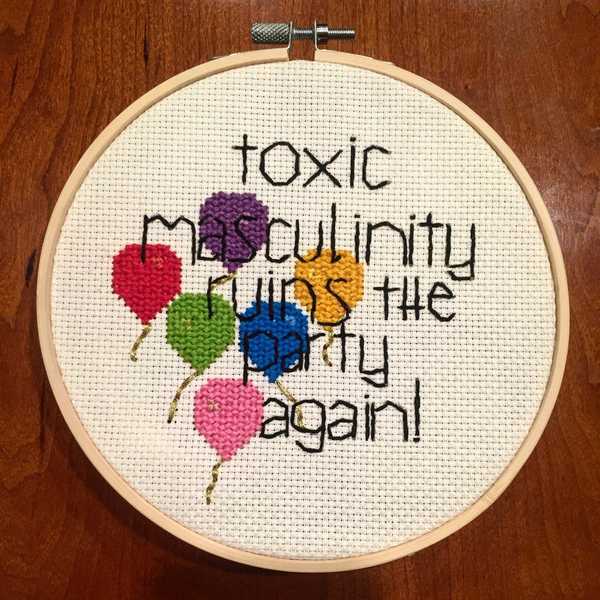On July 19, Shane Dawson uploaded his long-awaited YouTube return with a video collabing with Eugenia Cooney. The video centers around Eugenia's infamous reputation on the YouTube platform, as well as a general overview of eating disorders.
As a person in recovery for an eating disorder, the prospect that this video could spark better and further discussions about the reality of eating disorders was exciting. By featuring an obscure disorder through a personal story, it had the potential to get a lot of people interested and informed. Since I found the topic so personal, I had genuinely high hopes for what this video would cover and the impact it could have.
Shane's approach was through a personal story. He included Eugenia's past in the YouTube space and approached the ED world with an uninformed yet innocent mindset. I appreciated the thoughtfulness behind Shane's intentions and empathetic display of a girl still in the deep enthralls of a toxic situation.
Bullying someone about an eating disorder will NEVER solve anything. It will never allow them to get the proper treatment they need or even want to seek help or publicly talk about an already hidden disorder. Bullying someone because of their weight or how they dress or how they eat is simply contributing to the toxic environment the person is trying to cope with.
However, since I find it to be such an important topic that rarely gets discussed in an accurate manner (and since it's now being presented to a young mass audience), I found the video lacking in some regards.
Firstly, eating disorders are more than one body type. Or about body type at all. Of course, the emphasis has always been placed on Eugenia's thin frame, which mandated some discussion, but in the discourse of eating disorders- bodies of all sizes can possess an eating disorder. Whether your overweight, underweight, or 'average' weight, you can still be sick. A lack of understanding of this is what leads to so many people struggling for years without concern or treatment.
Secondly, recovery isn't a one and done deal. It's not simply going into treatment and getting fixed. You don't go into treatment to gain weight, only to come out the other end perfectly healed from what caused the disordered thoughts in the first place. Treatment can very much be the first step, but it is one of a long and intimidating journey to self-healing. Treatments tough (like cry every night to your mom telling her you just want to come home tough), but what comes after is even worse (and better).
It's depression and anxiety and talking with new therapists. It's figuring out a meal plan and trying to stick with it. It's navigating a world filled with diet culture and negative self-talk. It's crying. And talking. And relapse.
It's a lot of things, but it's not a simple fix. And it's not coming back and doing or being the same person you were.
Lastly, anorexia, bulimia, binging, purging, and other forms of ED are not scary words. Use them, say them, make them a normal part of our vocabulary for everyone's sakes. Eating disorders are already such a secretive disease, talking about them doesn't have to be. They aren't so terrifying or nasty if we take away their power.
Whether it was intentional or not, Shane's video may have presented misleading information about eating disorders- especially recover. It's not about weight. Or food. Or even the moment right after you get out of rehab. It's a lifelong commitment of hard work and facing the trauma your eating disorder numbed.
Many people on YouTube and in media have expressed their struggles with an eating disorder. Eugenia is not the first and she will not be the last. Still, we need to start learning how to properly discuss this disorder with accuracy and accountability. If it's in the public eye, it has the obligation to be informative and considerate.
In general, I felt Shane's video lacked qualitative information, representation, and the complete reality of recovery.
All of this to say, Eugenia Cooney is so brave for coming into the (very) public eye and beginning a journey of recovery. I think anyone can tell she is genuine and such a kind person who deserves the utmost support and respect. If you are in recovery from an eating disorder, alcohol addiction, drug addiction, or any other disordered thinking, I'm so grateful for you and so proud of how far you've come. Even if it's just one step.



















